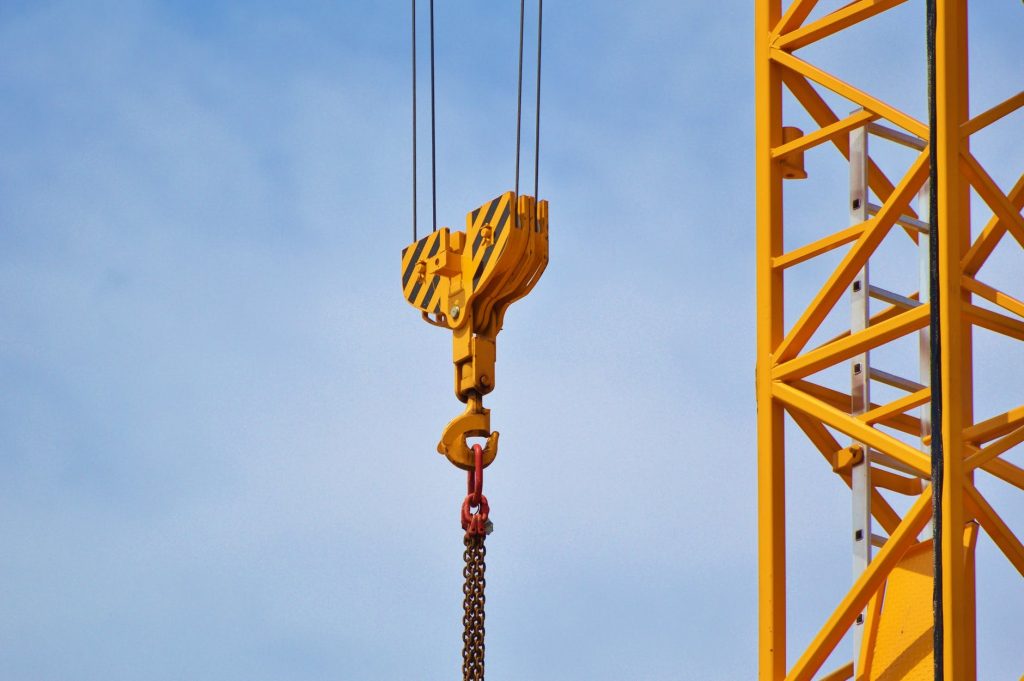A public sector organisation will release a tender document when it requires certain goods, works or utilities.
Not sure what a tender is? Read What is a Tender?.
Suppliers can request a tender document, to give details on how their business can meet the requirements and scope of a project.
The tender document is an important part of the tendering process as it will help the buyer select qualified and interested suppliers based on the terms stated within the document, along with other factors such as price, social value and quality criteria.
The tender document
Nowadays it is common that tender documents will be both available and submitted via e-tendering, as the contracting authority will be managing the tender process through an online portal.
Whether an electronic or paper process is used, the contract notice will include information on how to obtain the tender document. The tender document is a document created by the buying authority which details the buyer’s requirements and expectations in far more detail than is possible in a contract notice.
A tender document is likely to include details of selection and award criteria – the things the buyer will be looking for when judging a supplier’s tender submissions – together with the weighting that will be put on each.
Tenders meaning
So, what does tender mean?
Put simple, a tender means contract opportunity. Defined in BiP Solutions’ Ultimate Guide to Procurement:
“ A public sector contract can also be called a ‘tender’ and the procurement process is sometimes known as ‘tendering’, but it all comes down to the same thing: a public sector organisation buying goods, works or services.”
Bidding for tenders
If you are completing a bid, make sure you are leaving enough time to research or ask the awarding body any questions as the danger is that you could end up providing a weak answer to a very important question due to poor time management.
It is important that you also leave time for proofing. Never work alone, as a fresh pair of eyes can often spot mistakes or answers which lack clarity.
You will need to complete some or all the following tender documents when tendering:
- Selection Questionnaire (SQ): The first stage is often referred to as the Selection Stage (SQ), after SQ evaluation, suppliers are invited to tender (ITT).
- ITT: The buyer will invite a minimum of five contractors to respond to the Invitation to Tender (ITT) by a set deadline. The buying authority will evaluate the responses and the contract will be awarded to the successful bidder.
- Supporting documents: You may be asked to provide some or all the following: insurance certificates, cyber essentials certification, accounts, policy documents, references etc.
How do you write a tender?
Even if you have years of experience within the public sector procurement marketplace, the bid writing process can be challenging. We have included some top tips on how to write a good tender document below.
Take your time
Be sure to study the specification, before writing your tender document. Avoid skimming through the specification to save time as this could mean that your business may miss out on important details about the tender and what will be required of you as a supplier.
We advise that you read the specification at least twice, making notes the second time. Having this clarity will help you not only to understand exactly what the buyer is looking for.
Remember to ask questions
While studying the tender document gather any important questions you have about the tender document.
Make sure that you are asking questions that remove any assumptions from your bid. The clearer you are about the tender specification – the easier it will be for you to focus on what the buyer requires.
You have every right to formally contact the buyer to fully understand the contract.
You can ask:
- The scope of the contract
- How the tender will be scored
- Confirm the tender procedure
- What the value of the contract is over the full contract lifecycle
Ultimately your business can ask any question that is relevant to the tender exercise.
Remember that the answers to your questions will be anonymised and made available to everyone bidding for the contract – but you will also be able to see what your competitors are asking.
Have the right certifications in place
Make sure that you state that you have the right certifications in place.
You may need Cyber Essentials certification to bid for certain contracts. After several high profile attacks, cyber security is high on the UK government’s agenda and Cyber Essentials is the minimum certification an organisation needs to implement to bid for public sector contracts which include the transfer of public sector identifiable information.
Being Cyber Essentials certified is mandatory for all organisations bidding for all central government and MOD contracts that deal with the handling of personal information and the provision of certain ICT products and services.
Tender for government contracts
New to the tendering business?
At Supply2Gov we help new and existing suppliers find tenders that are right for their business, to help them grow in this lucrative market.
We help our customers get started with our Supply2Gov guides so that they can make the most of the opportunities that are available to then and learn more about public sector procurement.
When it comes to finding opportunities, our team can also help. We put all our contract information in one simple to use place for you. This tender database is the UK and Republic of Ireland’s largest and is researched from over 3,000 sources (we publish more opportunities than even the Government’s own national contract services).
Registration is free and easy, and we can help you to find opportunities relevant to your business right away.






